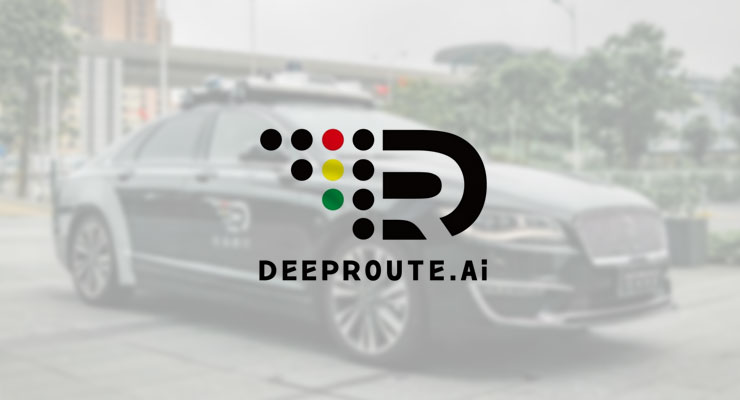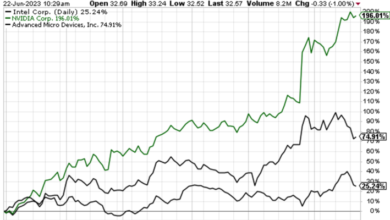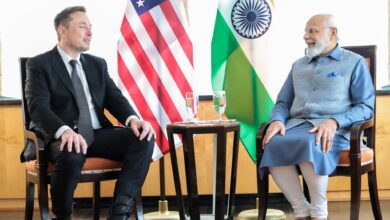Deeproute.ai, an autonomous driving firm, charges $10,000 for the L4 solution
On Wednesday, Deeproute.ai, a self-driving vehicle firm based between Shenzhen and Fremont, California, announced an ambitious self-driving solution

DeepRoute-Driver 2.0 is a Level 4 solution that is ready for production and costs around $10,000. Given the hardware used: five solid-state lidar sensors, eight cameras, a proprietary processing system, and an optional millimeter-wave radar, the price is astonishing.
According to a Deeproute representative, Lidar accounts for nearly half of the overall cost. “As the entire supply chain develops and scales up, we should expect costs to come down even further.”
The two-year-old company is unafraid to take on its more established competitors. “DeepRoute-Driver 2.0 offers differentiation from existing L4 pioneers like Waymo and Cruise, which boast sophisticated and efficient L4 algorithms but a hefty price tag, and from advanced driver-assistance systems (ADAS) such as Tesla, which are affordable but have limited capabilities in terms of fully automated driving,” the company said in a statement released on Wednesday.
Sensor manufacturers in China have been attempting to bring lidar’s once expensive prices down to a level where it can be mass-produced. Livox, founded by DJI, is one, as is Temasek-backed Innovations.
Deeproute’s L4 solution includes two pieces of Robosense lidar on the car roof as its main lidar. Robosense is situated in Shenzhen. Three more lidar sensors from Beijing-based Z Vision are mounted around the back wheel, covering the vehicle’s blind spot in the front, left, and right. Fosun RZ Capital, an affiliate fund of Chinese conglomerate Fosun Group, backs both Z Vision and Deeproute.
According to a founder of an autonomous car startup, the low price of Deeproute’s L4 technology could mean thin earnings for the startup or straining the margins of its suppliers.
Deeproute’s L4 system can negotiate rush-hour traffic in downtown Shenzhen, completing tasks such as flexible lane changes, pedestrian yielding, and auto on or off-ramp merging, according to a test drive.
Deeproute’s team includes pioneers in China’s self-driving business, despite the fact that the company is only two years old. After being thrown out of his previous company, Roadstar.ai, due to infighting, Zhou Guang started Deeproute in 2019. Roadstar had garnered at least $140 million in funding and was largely regarded as a promising competitor in the autonomous car field at the time.
Zhou’s new firm has received a lot of support from investors. Alibaba, Jeneration Capital, and Chinese automaker Geely, among others, invested $300 million in the firm in September.
OEMs and carmakers are frequently seen investing in AV startups in exchange for potential production relationships. Momenta, for example, has received significant investments from companies such as Bosch, Toyota, and Daimler.
While Deeproute has yet to gain a customer for its L4 solution, a spokesman for the company said that a few “big automakers” had taken rides in cars equipped with the technology and “were thrilled by the functionality as well as the pricing.”
The spokeswoman stated, “We are quite optimistic about the likelihood of completing the contract quickly.”



